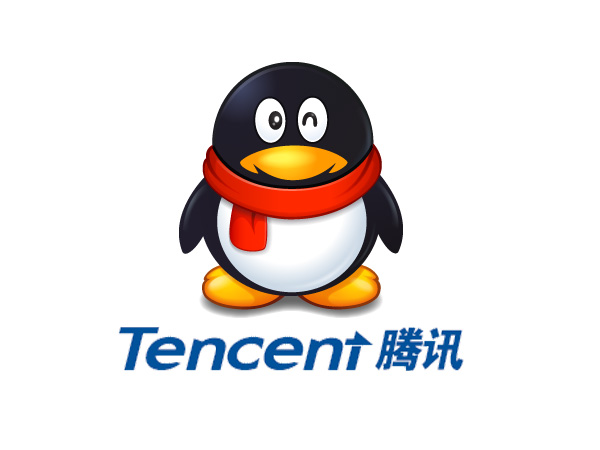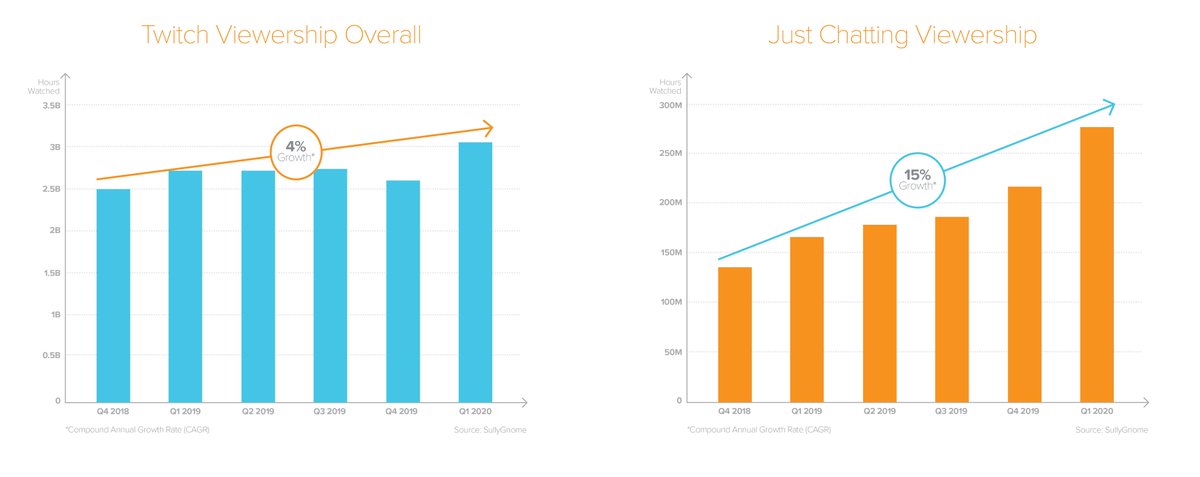
Thread/ all social products need to choose between real-life vs anonymous identity when they reach a certain scale. Users want to know if that 'Elon_Musketeer' raving about Mars is really Elon or just an imposter. 🚀 This is a design choice I’ve been thinking a lot on 👇
1/ on one hand, the largest social networks today lean toward real identity: @Facebook @Twitter @tiktok_us etc. Enforcing real identity is fundamental for enabling creators on these platforms to build audiences – simply put, users want to know if that person is real!
2/ but folks crave anonymity as well. The largest anonymous social networks today are games. Part of the appeal of @FortniteGame @Minecraft is escaping from the doldrums of school/work to be anyone you want. Fictional identity is fundamental to immersion 🤠
3/ yet outside of games, anonymous networks have largely struggled to reach the scale of real identity networks. Without the rules & structure that games provide, anonymous communities often spiral down to lowest denominator (naked avatars @VRChat) or become toxic (ex. Yik Yak)
4/ today, as games continue to explode and platforms like @discord innovate in community moderation, it feels like we’re potentially at another inflection point for anonymous social 📈
What are the best social products you’ve used recently with anonymous identity?
What are the best social products you’ve used recently with anonymous identity?
To clarify - anonymity is definitely a spectrum and Twitter/Tok are pseudonymous, with some IRL associations. This thread is on fully anonymous platforms (@reddit @discord) and how they might come from games
• • •
Missing some Tweet in this thread? You can try to
force a refresh





